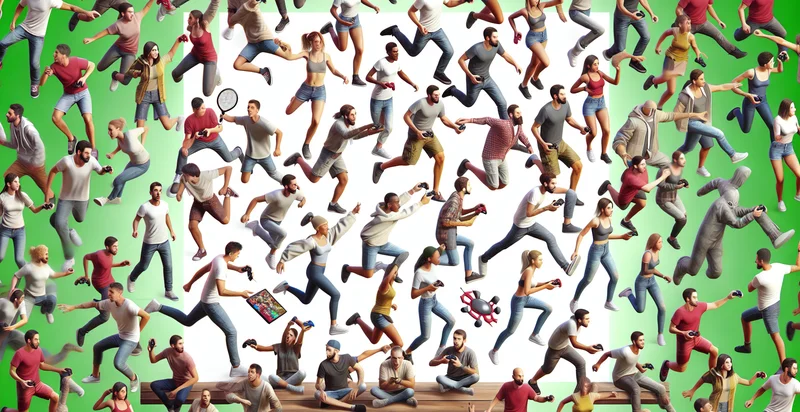Identify which character from What We Do In The Shadows you look like
using AI
Below is a free classifier to identify which character from What We Do In The Shadows you look like. Just upload your image, and our AI will predict which character you look like - in just seconds.

Contact us for API access
Or, use Nyckel to build highly-accurate custom classifiers in just minutes. No PhD required.
Get started
import nyckel
credentials = nyckel.Credentials("YOUR_CLIENT_ID", "YOUR_CLIENT_SECRET")
nyckel.invoke("which-character-from-what-we-do-in-the-shadows-you-look-like", "your_image_url", credentials)
fetch('https://www.nyckel.com/v1/functions/which-character-from-what-we-do-in-the-shadows-you-look-like/invoke', {
method: 'POST',
headers: {
'Authorization': 'Bearer ' + 'YOUR_BEARER_TOKEN',
'Content-Type': 'application/json',
},
body: JSON.stringify(
{"data": "your_image_url"}
)
})
.then(response => response.json())
.then(data => console.log(data));
curl -X POST \
-H "Content-Type: application/json" \
-H "Authorization: Bearer YOUR_BEARER_TOKEN" \
-d '{"data": "your_image_url"}' \
https://www.nyckel.com/v1/functions/which-character-from-what-we-do-in-the-shadows-you-look-like/invoke
How this classifier works
To start, upload your image. Our AI tool will then predict which character you look like.
This pretrained image model uses a Nyckel-created dataset and has 20 labels, including Nandor, Laszlo, Colin Robinson, Guillermo, Energy Vampire, Mabel, Nadia, The Guide, Sergio and Bayou.
We'll also show a confidence score (the higher the number, the more confident the AI model is around which character you look like).
Whether you're just curious or building which character from What We Do In The Shadows you look like detection into your application, we hope our classifier proves helpful.
Related Classifiers
Need to identify which character from What We Do In The Shadows you look like at scale?
Get API or Zapier access to this classifier for free. It's perfect for:
- Social Media Engagement Tool: This function can be integrated into social media platforms, allowing users to share their character likeness results with friends. By doing so, it can enhance user engagement and virality, as users invite others to discover which character resembles them, increasing overall interaction on the platform.
- Entertainment Trivia Games: The identifier can be a fun feature within trivia or quiz games related to TV shows or movies. Players can answer questions to find out which character best represents them, adding a personal and entertaining layer to the gaming experience that encourages participation.
- Customized Merchandise: E-commerce sites could utilize this classification function to create personalized merchandise based on users' character likenesses. For instance, users could order T-shirts, mugs, or posters featuring their identified character alongside their name, promoting unique shopping experiences.
- Character-Based Marketing Campaigns: Brands can leverage the results to create targeted marketing campaigns that resonate with fans of "What We Do in the Shadows." By utilizing characters that users identify with, brands can develop themed ads or promotions, increasing conversion rates and customer loyalty.
- Event Participation: During fan conventions or events, this function can be employed to enhance attendee experiences. Attendees can receive personalized character assessments when attending related panels or activities, fostering community engagement and interaction as users discuss their results.
- Content Creation for Influencers: Influencers in the entertainment niche can use this function to create engaging content. For example, they can share their results while encouraging fans to participate, generating discussions about character traits and preferences, and boosting follower interaction.
- Psychological Insights and Discussions: The classification function can be utilized in seminars or workshops focusing on personality traits and social psychology. By analyzing character likeness, participants can gain insights into their own character preferences and behaviors while fostering discussions around identity and entertainment influence.


